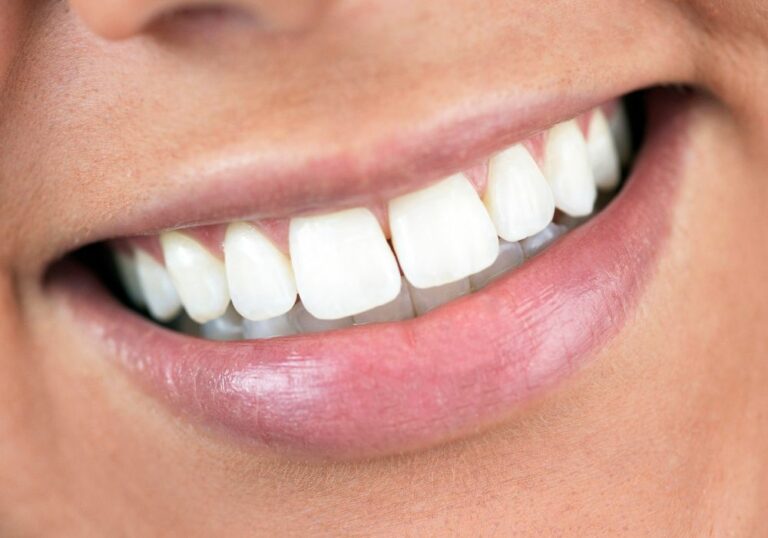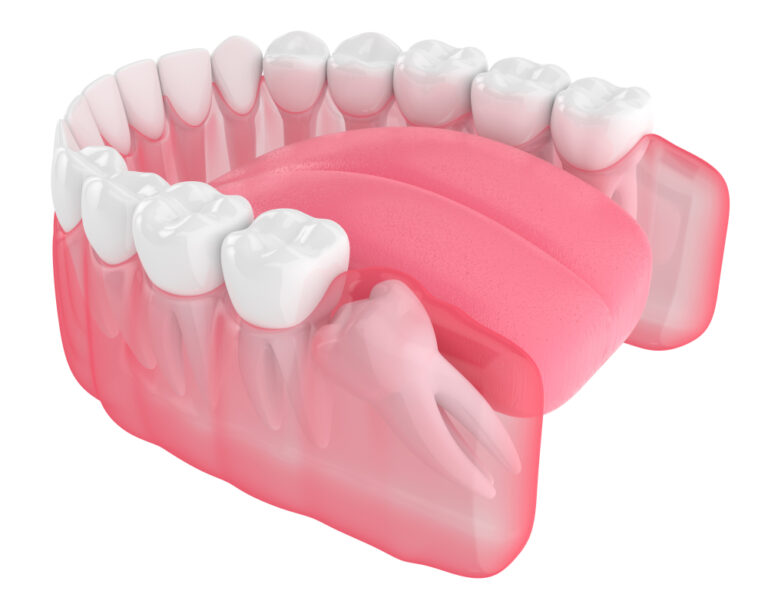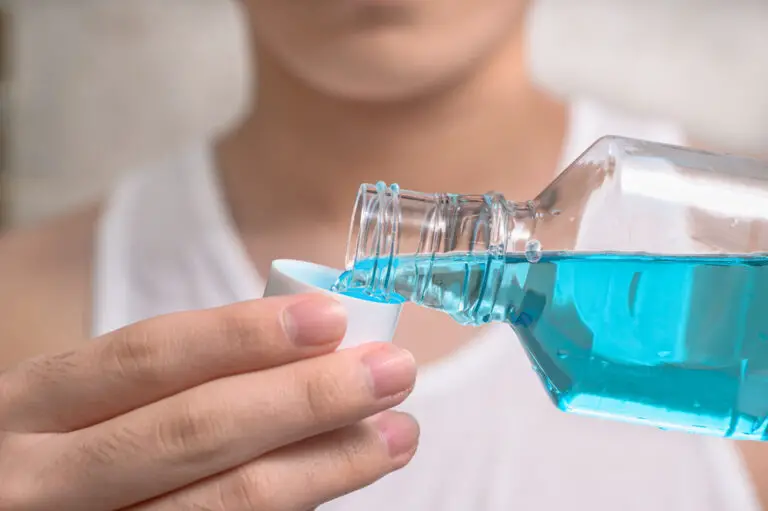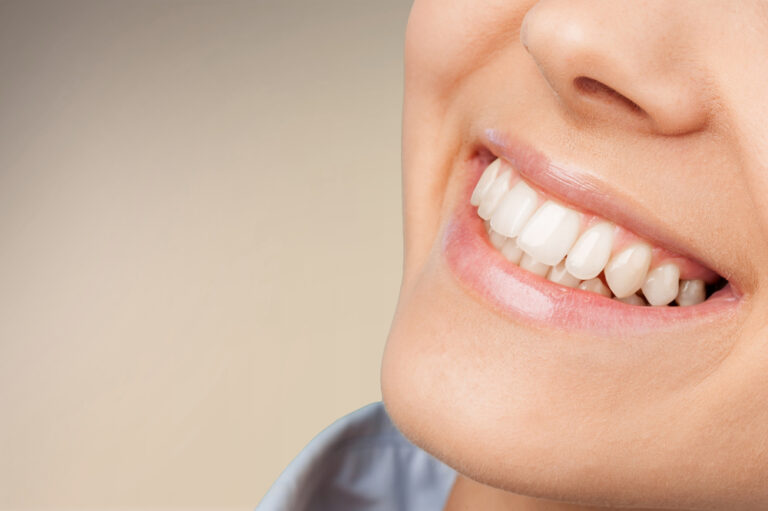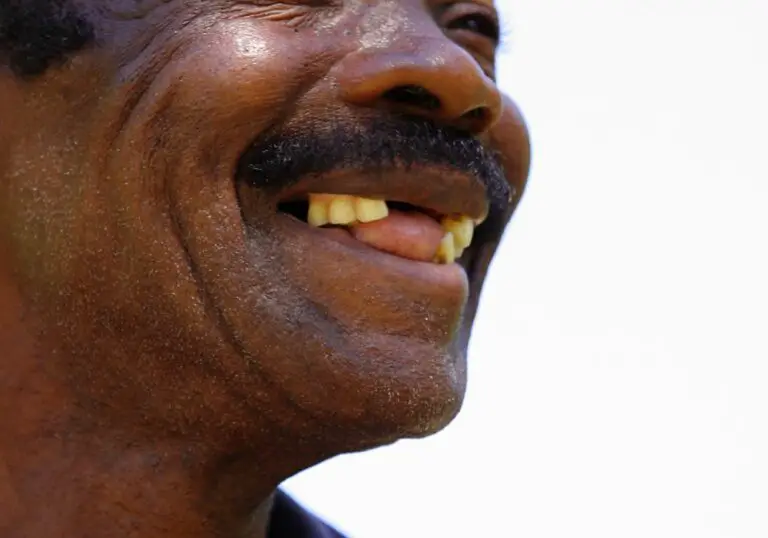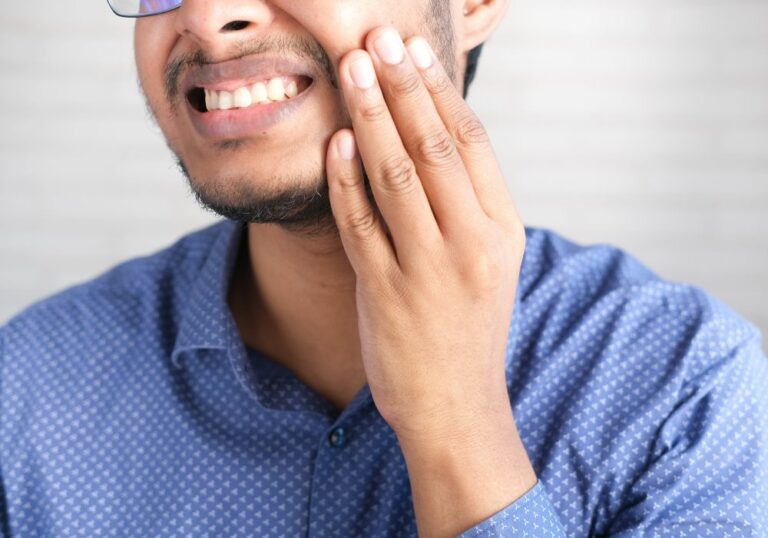Many dentists recommend waiting 30 minutes after brushing your teeth before drinking anything. But why is this waiting period necessary? What happens when you drink too soon after brushing? In this article, we’ll explore the reasons behind this common dental recommendation in greater depth and explain the potential risks of not following it.
How Brushing Teeth Works
To understand why dentists suggest waiting to drink after brushing, it helps to first review how brushing cleans your teeth.
- Plaque is a film of bacteria, food debris, saliva, and acids that constantly forms on teeth. If allowed to accumulate, plaque can lead to cavities, gum inflammation, and other oral health issues.
- Plaque sticks tightly to teeth with the help of bacteria that produce a glue-like biofilm. This allows plaque to firmly adhere to tooth surfaces.
- Toothpaste contains abrasive agents like silica or calcium carbonate that provide the mechanical force needed to physically scrub away plaque.
- Toothpaste also contains detergents and surfactants like sodium lauryl sulfate that loosen plaque and help dislodge it from teeth.
- Fluoride in toothpaste strengthens tooth enamel and makes it more resistant to acidic attacks from plaque bacteria that demineralize and decalcify enamel over time, leading to cavities.
- The bristles of the toothbrush combined with the abrasive and detergent ingredients in toothpaste allow plaque to be effectively swept away from teeth as you brush.
- Brushing tooth surfaces for a full two minutes removes up to 70% of plaque from areas you can reach. Flossing is needed to remove plaque between teeth.
So in summary, brushing relies on physical scrubbing plus plaque-loosening detergents to thoroughly remove disease-causing plaque off of tooth enamel surfaces. Fluoride is also left behind to reinforce enamel.
Why Wait 30 Minutes After Brushing to Drink?
With the plaque removal process of brushing in mind, here are three main reasons dentists recommend waiting at least 30 minutes after brushing before consuming drinks:
1. Prevent Tooth Enamel Erosion
Tooth enamel is the hard, outer mineralized layer that covers the tooth crown. It is designed to protect the sensitive dentin layer underneath.
Newly brushed enamel will have microscopic irregularities from the physical abrasion of the brushing motion and toothpaste. These microscopic pores and openings make the enamel temporarily softer and more vulnerable to erosive acids.
Many popular beverages like fruit juices, sports drinks, coffee, tea, and soda contain acids that can diffuse into the microscopic pores in softened enamel and dissolve or erode it.
Common erosive acids found in drinks include citric acid (fruits), phosphoric acid (sodas), tannic acid (tea and coffee), and acetic acid (vinegars).
Waiting at least 30 minutes gives the enamel time to re-harden and regain its protective mineral composition through the natural process of remineralization. This helps it better resist acidic attacks from drinks.
2. Avoid Rinsing Away Fluoride
As mentioned earlier, fluoride is an important toothpaste ingredient that strengthens enamel. But fluoride needs sufficient time to diffuse into enamel’s crystalline structure and be incorporated into hydroxyapatite, the main mineral compound of enamel.
Drinking a beverage right after brushing can prematurely wash away or dilute the fluoride left on your teeth before it has a chance to fully absorb into enamel.
This is why rinsing your mouth out with water immediately after brushing is also not recommended – it washes away protective fluoride before it can provide benefit.
Giving fluoride at least 30 minutes to absorb allows it to help reinforce and remineralize enamel to make it more decay resistant.
3. Reduce Stain Causing Food and Drink
Many foods and beverages such as coffee, tea, red wine, cranberry juice, and soda contain pigments that can stain teeth over time.
Your teeth have a cleaner slate immediately after brushing since staining plaque film has just been removed.
Consuming staining foods/drinks too soon after brushing allows their pigments to penetrate into the microscopic pores created in enamel during brushing. This sets stains quickly.
Waiting 30 minutes to eat or drink after brushing provides a fresh start and prevents stains from taking hold immediately. Of course, a balanced diet including these beverages in moderation is fine for overall health. But delaying them briefly after brushing helps limit dental staining.
How Long Should You REALLY Wait to Drink?
 The 30 minute delay time is a general guideline based on average enamel remineralization times and fluoride absorption. But does everyone need to wait a full 30 minutes?
The 30 minute delay time is a general guideline based on average enamel remineralization times and fluoride absorption. But does everyone need to wait a full 30 minutes?
The time needed depends mainly on two factors:
- Your natural enamel thickness and mineralization levels
- The pH and acidity of the drink you want to consume
This table summarizes how these factors impact ideal wait times:
Here is the table recreated:
| Enamel Health | Recommended Wait Time |
|---|---|
| Healthy, Thick Enamel | 15-20 minutes for non-acidic drinks 25-30 minutes for mildly acidic drinks 30+ minutes for very acidic drinks |
| Thinner, Weaker Enamel | 25-30 minutes for non-acidic drinks 30+ minutes for mildly acidic drinks Avoid soon after brushing for very acidic drinks |
As shown, those with strong, well-mineralized enamel can likely reduce the waiting period slightly when consuming non-acidic or only mildly acidic beverages.
However, people with thinner enamel or enamel defects should wait longer before exposing their weaker enamel to acidic drinks.
And for very acidic drinks like sports beverages, everyone should try to wait at least 30 minutes to give enamel time to re-strengthen.
What About Use of Mouthwash?
Mouthwashes aren’t a concern when it comes to waiting times before drinking. This is because unlike toothpaste, mouthwashes don’t remain on the teeth long enough to require an absorption period.
Mouthwashes like those containing fluoride are fine to use right before drinking anything. Swishing briefly and spitting it out provides a short burst of residual plaque removal and fluoride exposure without leaving anything on the teeth.
The key is waiting at least 30 minutes after brushing before using any mouthwash. This allows the toothpaste left on your enamel adequate time to provide its protective effects first.
Can Drinking Too Soon Harm Your Teeth?
Is skipping the wait time after brushing really harmful for your oral health or just a minor concern? Can’t you simply brush again if you drink too early?
The risks of regularly drinking soon after brushing include:
- Enamel Erosion – Repeated early exposure of freshly brushed enamel to acidic drinks slowly dissolves and wears away enamel over time. This also makes teeth more prone to cavities and hypersensitivity.
- Cavities – Plaque begins forming again minutes after brushing. Drinking acidic drinks feeds plaque bacteria, allowing them to produce enamel-demineralizing acids sooner.
- Tooth Staining – Frequent consumption of staining drinks right after brushing allows pigments to penetrate and set into enamel before being brushed away again.
- Fluoride Reduction – The fluoride doesn’t get a chance to fully absorb into and strengthen enamel before being diluted or rinsed away.
While occasionally drinking too soon won’t immediately damage your teeth, doing it regularly magnifies the risks above and makes tooth decay more likely.
And immediately re-brushing after drinking won’t fully offset the risks, as it can gradually erode enamel through over-brushing.
Tips for Remembering the 30 Minute Waiting Time

Here are some tips for making the 30 minute waiting period after brushing a habit:
- Set a timer, alarm, or reminder on your phone for 30 minutes after you brush as a cue.
- Keep your cup, water bottle, or other tempting drinks out of sight (in another room) during the waiting period.
- Brush your teeth right before eating breakfast so you won’t be tempted to drink anything beforehand.
- Brush after eating breakfast rather than before so you can drink with your meal.
- Replace drinking with another morning activity for 30 minutes like reading, stretching, or meditation.
- Leave a note on your cupboard or fridge as a reminder.
With regular practice, remembering to wait before drinking can become second nature. The 30 minutes doesn’t have to be wasted time either.
Summary of Main Points
- Dentists recommend waiting 30 minutes after brushing before drinking because this allows time for softened enamel to re-harden and protective fluoride to absorb into enamel.
- Acidic drinks consume too soon after brushing can erode vulnerable enamel and wash away beneficial fluoride.
- Those with healthy enamel could wait 15-20 minutes for non-acidic drinks. People with thinner enamel should wait longer before acidic drinks.
- Occasionally drinking sooner won’t immediately damage teeth, but doing it too often risks enamel erosion, cavities, and stains over time.
- Simple strategies like timer reminders, keeping drinks out of sight, and adjusting your routine can help remember the 30 minute wait time after brushing.
Frequently Asked Questions
Why exactly 30 minutes versus a shorter or longer time period?
The 30 minute recommendation emerged decades ago as a reasonable average waiting period from dental research on how long it takes vulnerable enamel to re-harden after brushing. While not an absolute rule, 30 minutes allows time for fluoride absorption while avoiding overly long wait times that people are less likely to follow. It provides a simple, memorable guideline that works well for most people.
Is it okay to drink water right after brushing?
While water has a neutral pH that won’t erode enamel, drinking it immediately can still prematurely rinse away some residual fluoride left on teeth before it fully absorbs. Waiting at least 10-15 minutes to drink plain water is beneficial. If you wake up very thirsty, have a small sip first, then brush and wait the full 30 minutes before drinking more.
Can I just brush again after drinking if I don’t wait long enough?
It’s generally not necessary to re-brush immediately after drinking too soon, if it only happens occasionally. Just be diligent about waiting the full 30 minutes after your next regular brushing session. Frequently re-brushing after drinking can gradually erode enamel over time.
Are mouthwashes okay to use right before drinking?
Yes, mouthwashes don’t require a waiting period before drinking. Unlike toothpaste, mouthwash doesn’t remain on the teeth long. Swish briefly, spit it out, and you can drink anytime after. Just be sure to wait 30 minutes after brushing before using mouthwash so the toothpaste has time to fully protect your enamel first.
What drinks are safe right after brushing?
The only common drinks with neutral pH that are safe to consume immediately after brushing are plain water and milk. Even then, a brief waiting period is still better to allow full fluoride absorption. Anything acidic should always be avoided until at least 30 minutes after brushing for enamel protection.

